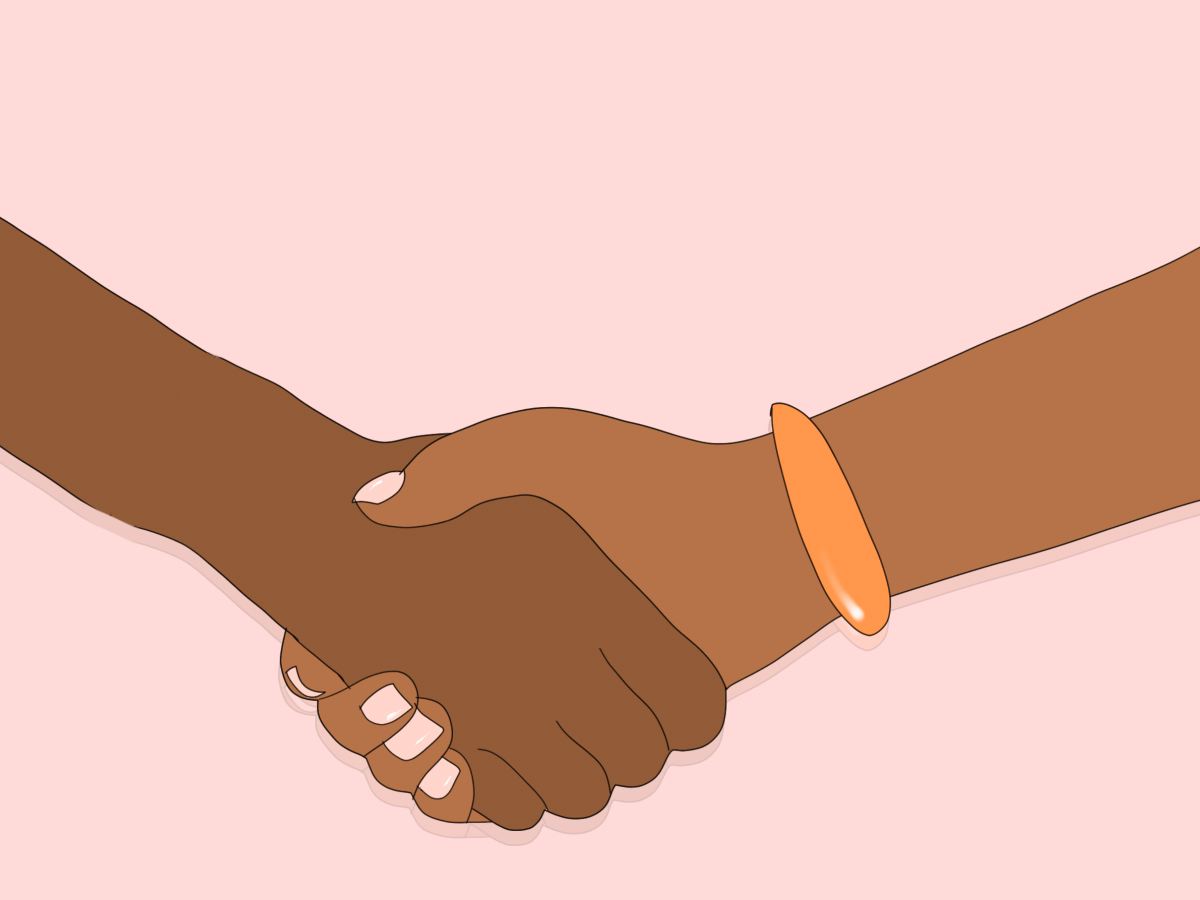Trade unions have existed in the UK longer than any country, and currently millions of people are members (Burchill, 2008). However, trade union organisations have been systematically dismantled in size and influence by government and private organisations who consider them disruptive, when in fact they are the main catalyst of maintaining positive work environments. Without trade unions, we wouldn’t have basic employment rights like sick pay, annual leave and minimum wage. In this article, I’ll be exploring why trade unions are still important and why more young people should care about them.
What are trade unions?
A trade union is an organisation whose members are usually workers or employees (gov.uk, 2021). Trade unions work alongside employers to support staff in the workplace. Their main interests are negotiating agreements with employees on pay conditions, organisational changes and members’ concerns. In the world of work in the UK, trade unions are recognised for their activities and memberships.
Union organisations charge a reasonable price for their membership fees. Fees are used to fund the union’s activities. For example, Unite the Union charges £14.99 for a member who is working full-time.
The history of trade unions
Trade unions came into surgency during the industrialisation period in the 18th and 19th centuries. Thousands of workers in industrial cities were forced to work 14-18 hours a day for ridiculous wages in unsafe working conditions. This led to many workers organising themselves to join associations and fight against poor wages and working conditions.
But trade union activity wasn’t legalised until 1824, which saw a dramatic increase in membership from factory workers. One of the most notorious strikes that can be attributed to the union’s development is the Merthyr Rising in May 1831. This caused a nationwide shortage of skilled workers in Wales. Since then, the model has been adopted internationally by trade union movements and socialist groups.
Trade unions continued to gain popularity, and grew in strength and power until the creation of the Labour party by the early 20th century. However, it wasn’t until the election of the Conservative party in 1979, with Margaret Thatcher, that union density steadily decreased. In 1978 trade unions had 12,000,000 members. By 2011 this had plummeted to 6,135,126.
The government began to implement trade union reform laws that put huge restrictions on union activity, such as strikes and employment protection of public sector workers. Plus, the decline of industrial workers, who had a strong affiliation with manual trade unions, has also contributed to lower union members.
The pros and cons of young workers joining trade unions

Government policies have had a huge impact on young people finding stable and consistent employment. For example, the unjust increase in tuition fees has caused young people to enter employment with astonishing student debt. Consequently, I’ve seen many vulnerable young people take on insecure work from employers who pay below minimum wage rates.
Trade union organisations have been advocating to organise young workers to join, so in the future, they can continue to challenge government policies and stop employee exploitation. But many young people believe that trade unions are only for older people working full-time, when in fact most trade unions have created tailored memberships. These are usually cheaper and accessible for any employment situation you’re in. Even if a union is not recognised in your workplace, you have the right by law in the Trade Union and Labour Relations Act 1992 to join a union without question.
Pros
The current unemployment crisis amongst young people has made them more likely to be bullied or unfairly dismissed from workplaces. Trade unions can offer free representation from union representatives or a workplace rep who can support any issue you’re facing. This includes disciplinaries, management concerns and workplace safety issues. They can be contacted through your local union branch or office.
I joined the union at a time where I was at risk of losing my job. I had failed probation due to discernments from management. This was my first full-time job after graduating from university so I was extremely distressed. If it wasn’t for Unite the Union reps helping and guiding me through my probation review meetings, I wouldn’t be able to have the successful career I have in local government now. I would highly recommend using trade union representation if you’re facing any workplace issues. They can potentially save you from being dismissed or receiving unwarranted warnings on your future employment record.
It’s estimated that trade union members are paid 17% more than non-trade union members (Glenister, 2013). The main advantage of young people joining the union is that they’re likely to earn more money than non-union members. If a trade union is recognised in your workplace, they have more bargaining and negotiation power. This includes making important changes in the workplace such as improving terms and conditions, pay rises and employment contracts. Union members are also entitled to benefits such as life insurance, legal advice, paid sick days and accidental death cover.
Cons
With the COVID-19 pandemic, job security has been a severe issue. As a result, many young workers may not have the financial stability to afford union membership fees. However, some organisations can tailor to your financial situation so you can pay cheaper fees.
There’s also the assumption that if you’re part of a union, you’ll be targeted by your employer. Employers aren’t always fond of union members and their activity in the workplace. Especially private sector employers who see any sort of union as a threat to their company profits and shareholder commitments. However, I believe there are more benefits of being a member of a union organisation than not, so you shouldn’t be disheartened by your employer to join one.
Conclusion
In conclusion, trade union membership for young workers is critical in this scarce, competitive and ruthless labour market. Until I joined one, I was navigating full-time employment and did not understand how discouraging employers can be. I firmly believe young people need to unite to be the pinnacle of change; to protect our workers’ rights and challenge employers who take advantage of our livelihood.
Relevant links
- Labour Relations (Third Edition) by Frank Burchill
- https://www.gov.uk/government/publications/public-list-of-active-trade-unions-official-list-and-schedule/trade-unions-the-current-list-and-schedule
- https://fairygodboss.com/career-topics/pros-and-cons-of-unions#
- https://www.ier.org.uk/comments/trade-unions-need-young-members-and-young-workers-need-trade-unions/
Find more self-improvement articles here >
Written by Joyce Bosa
Illustrated by Francesca Mariama

